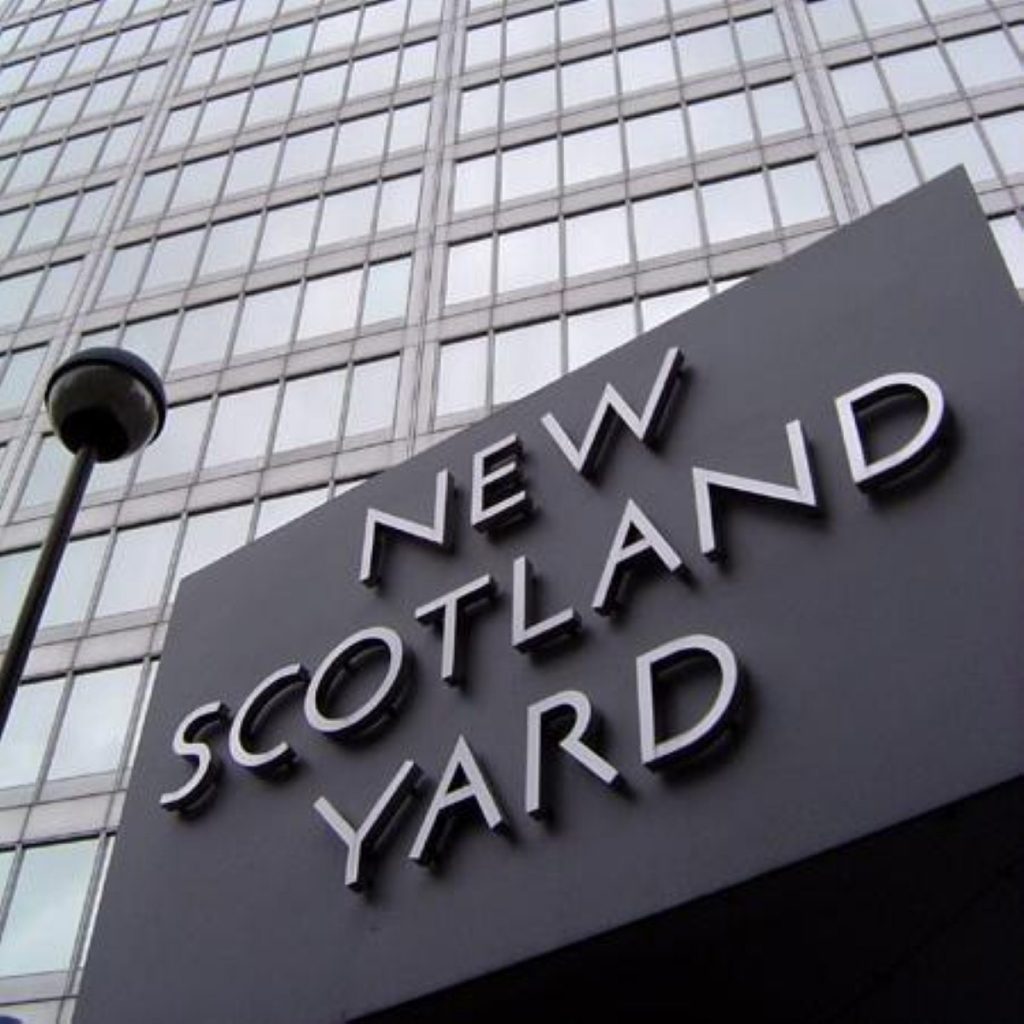Police may investigate ITV phone-in scandal
Scotland Yard has stated it may investigate the ITV phone-in scandal.
Yesterday, ITV revealed competition winners were picked by production teams on a number of programmes, instead of being chosen randomly.
A study by Deloitte for ITV that looked at more than 60 ITV series found evidence of shortlists of entrants to win phone-in competitions based on geographical location, leaving many people with “no chance of winning”.
The report also finds production teams “routinely used editorial judgement in the final selection of each week’s winner” on Ant & Dec’s Saturday Night Takeaway‘s Jiggy Bank contest.


ITV is putting aside £7.8 million to reimburse those who felt they had lost money unfairly.
Scotland Yard is now waiting on the regulator Ofcom’s report into any wrongdoing before launching an investigation.
The Serious Fraud Office is also reviewing evidence of GMTV’s failings over phone-in competitions, after it was fined £2 million by Ofcom last month.
ITV executive chairman Sir Michael Grade told BBC Two’s Newsnight there was “no evidence of criminality”.
He said: “What the report shows was that there was a complete cultural failure in the organisation and this is across most of broadcast.
“People did not understand, programme makers did not understand, as a rule, that the rules change once you invite the audience to have some editorial control over what happens.”
“All of the evidence they have looked at, we were obviously on the lookout for criminality – questions of fraud, corruption and so on – and there is no evidence of criminality. If there had been anything to turn over to the police, we would have been advised by Eversheds, the lawyers, to do that.”
Jeremy Hunt, Conservative shadow secretary of state for culture, media and sport, called on the ITV executive chairman to restore trust in the broadcaster.
“ITV has a mountain to climb and Michael Grade seems determined to climb it,” he said.
“Given the importance of non-advertising revenue it is vital that he succeeds in restoring trust, not just for the sake of ITV, but for the sake of the whole commercial broadcasting sector.”
John Whittingdale, chair of the Commons select committee for culture, media and sport, told Channel 4’s News at Noon the Deloitte report revealed “some very serious abuses”.
“The trouble is we’ve had so many revelations in recent months,” he said.
“The practices which appear to have been going on in ITV are similar to those which we’ve seen in BBC, Channel 4, GMTV. We’ve got used to it.
“The fact is the viewers were being misled, they were being encouraged to enter competitions, understanding that it was being done on a fair basis, when in actual fact they had absolutely no chance of winning.”
Conservative shadow home secretary David Davis said on BBC One’s Question Time it was uncertain whether a criminal act had occurred.
“I can’t judge whether it was a crime or not, but somebody made a dishonest decision.
“That is the clear point here. It must be possible for ITV to know who it was and who made this dishonest decision and they should pay with their job.”
Mr Davis went on to question whether Ofcom had sufficient powers and acted early enough.
Liberal Democrat culture, media and sport spokesman Don Foster MP criticised ITV for issuing the Deloitte report on the day the BBC announced cutbacks.
“Despite introducing a series of very effective and extensive measures to put its house in order, today’s release will only be interpreted as an attempt to bury bad news,” he said.
“I sincerely hope that the welcome compensation package and new protections mark the end of a very sorry episode in ITV’s history.”

